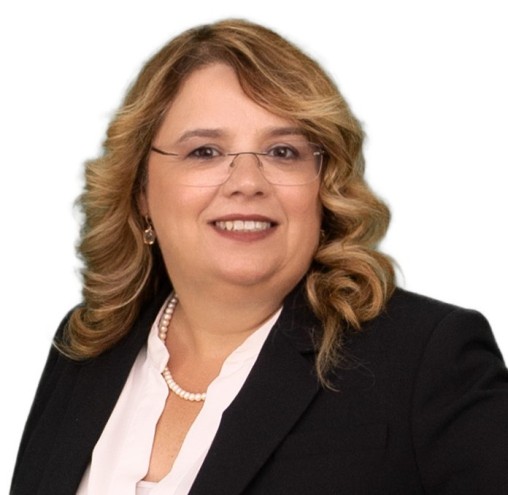The Pros and Cons of Reverse Mortgages: What You Need to Know
Reverse mortgages are a type of loan that taps into the equity of a homeowner’s property and provides them with a source of income. These loans are becoming increasingly popular among seniors looking to supplement their retirement income. However, before deciding to go for a reverse mortgage, it’s important to understand the pros and cons of this type of loan.
Get All The Facts About Reverse Mortgage
A reverse mortgage can provide a reliable source of income for seniors who need it, but it’s crucial to understand both the pros and cons before making a decision. While it is beneficial for seniors who own their homes, large fees and a reduction in inheritance can deter some people from acquiring reverse mortgages. At the end of the day, the choice of whether to apply for a reverse mortgage is a personal one, and it’s always wise to consult with a financial advisor before making a decision.

Pros of Reverse Mortgages:
Provides a Steady Source of Income: Reverse mortgages can offer a reliable source of income for seniors who are struggling to make ends meet. Unlike other types of loans, you do not have to make regular payments back to the lender. Instead, the lender pays you either in a lump sum, monthly payments, or as a line of credit.
You Can Still Own Your Home: With reverse mortgages, you can stay in your home and retain ownership even if you have borrowed against it. Your lender only has a claim to the equity you have borrowed against.
No Repayment Until the Occupant Passes Away: Repayment of the loan is only necessary once the last surviving borrower passes away or no longer occupies the property. This means that you can continue receiving the benefits of the loan for as long as you live in your home.
Cons of Reverse Mortgages:
High Costs: Reverse mortgages come with high fees, including origination fees, servicing fees, insurance premiums, and closing costs. The fees and interest rates can vary depending on the lender, the loan, and the location.
Reduces the Amount of Inheritance: The amount of the loan plus interest and fees must be paid back once the last surviving borrower no longer occupies the property. Therefore, the amount of equity remaining in the property may be reduced, which will in turn reduce the amount of inheritance that can be passed on to heirs.
Limited Eligibility: To qualify for a reverse mortgage, you must be at least 62 years old, have a significant amount of equity in your own home, and be able to pay all property costs such as insurance, taxes, and maintenance.
